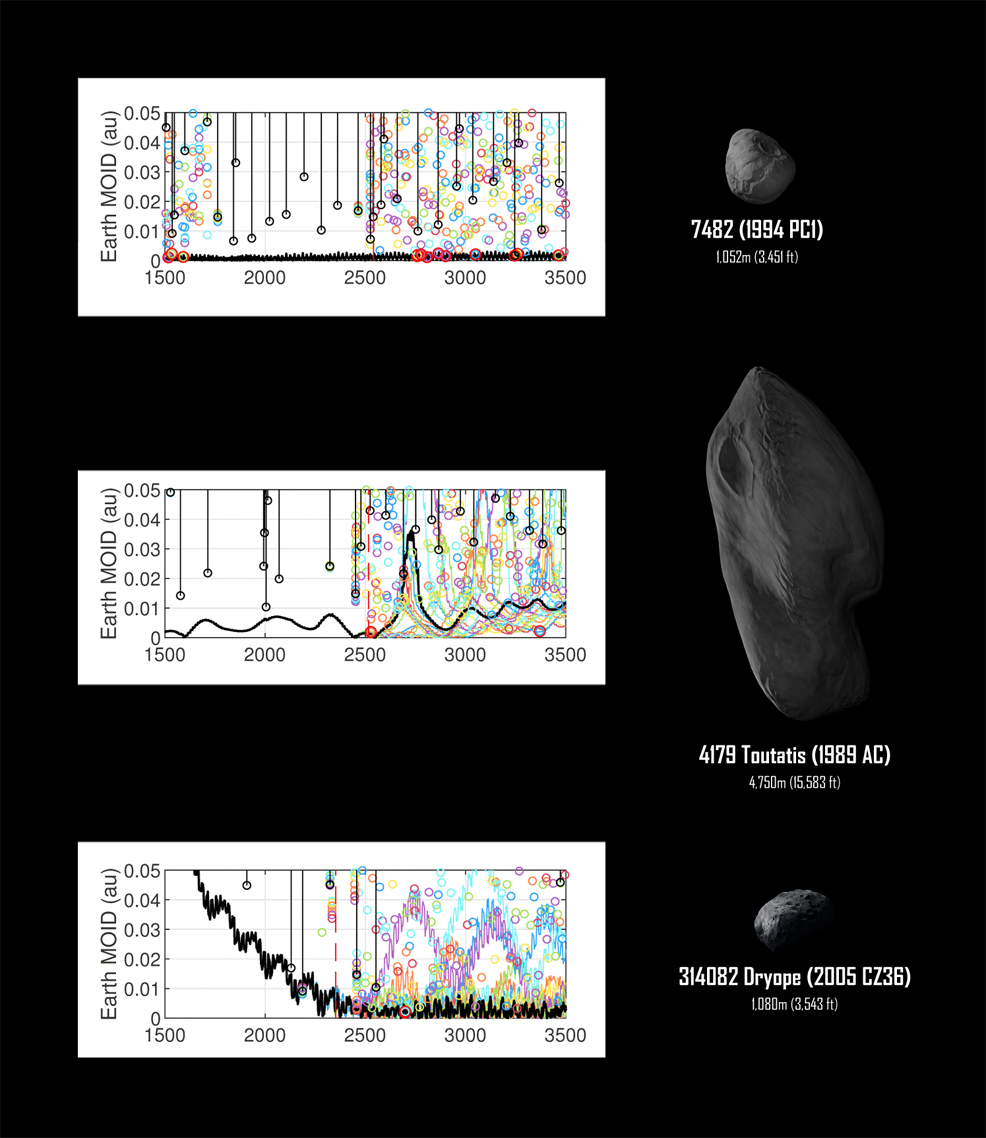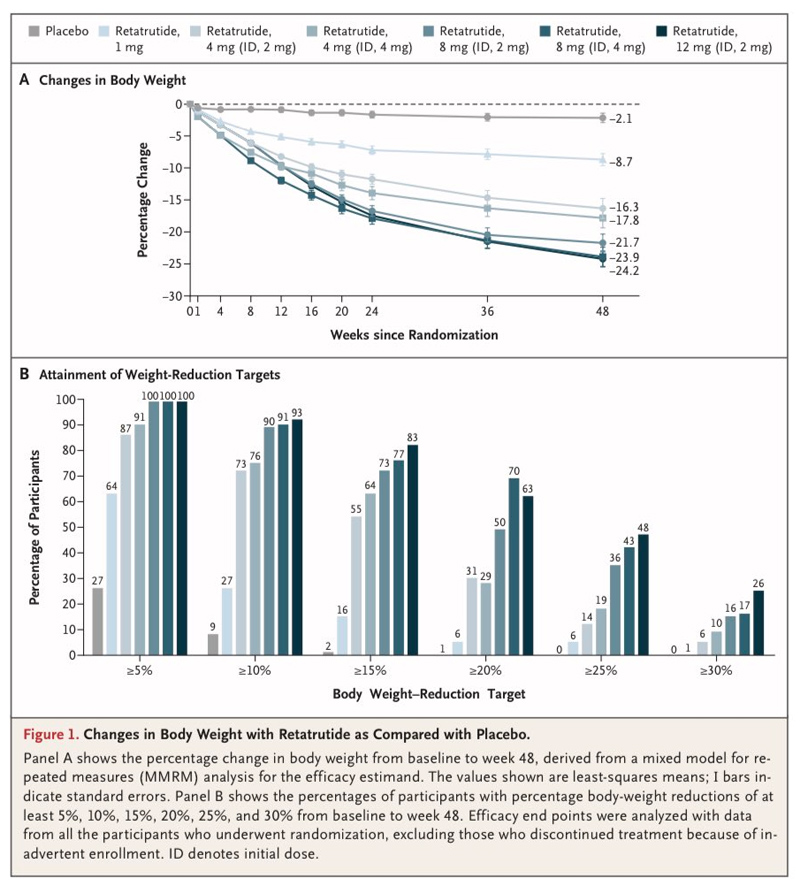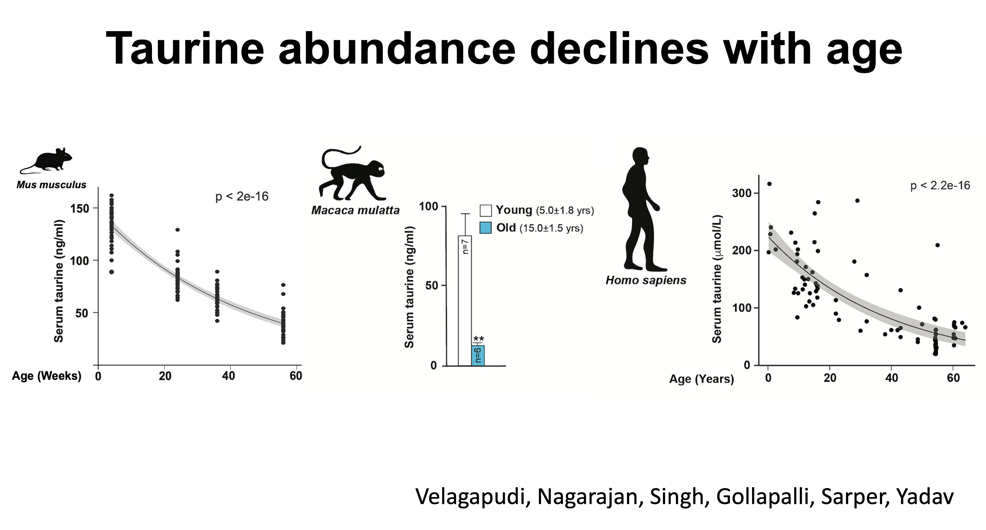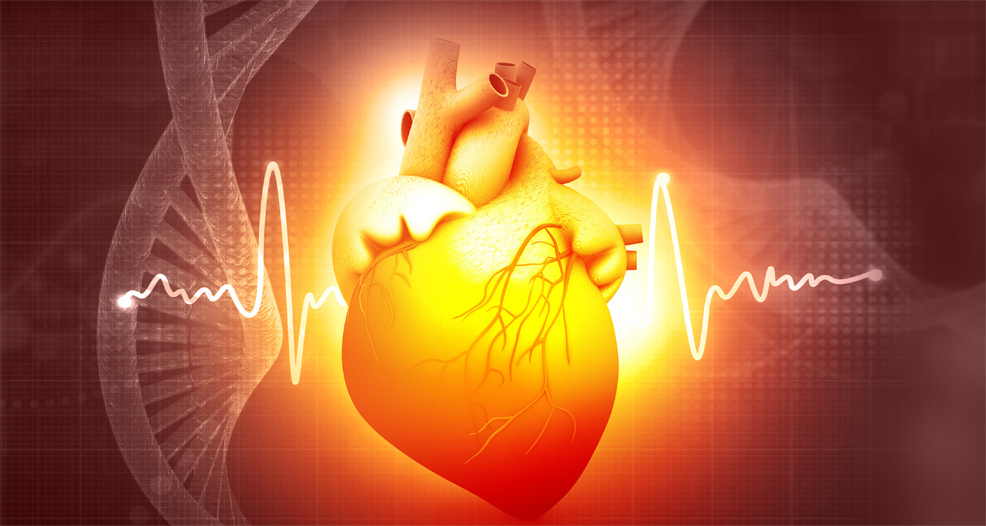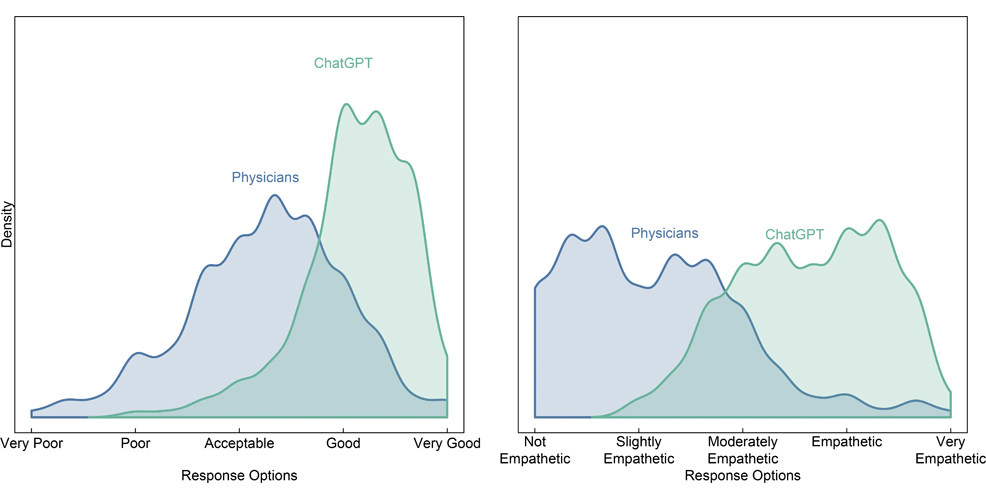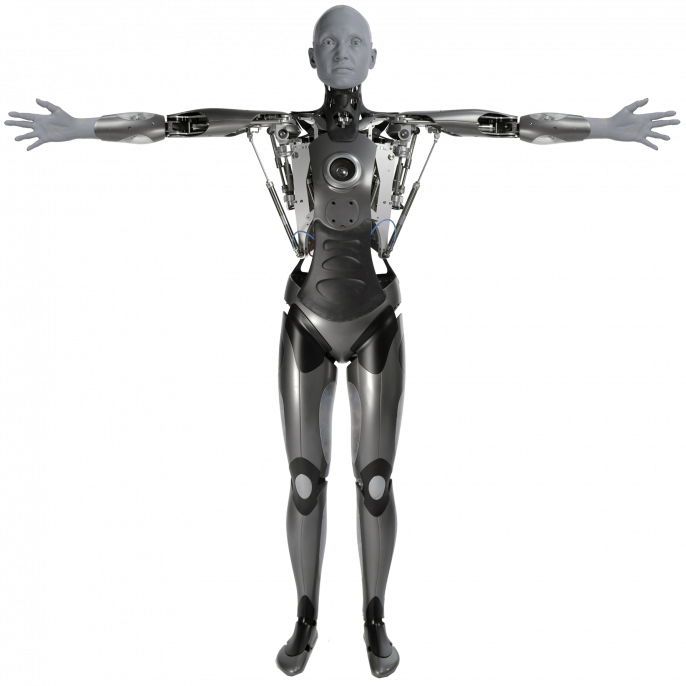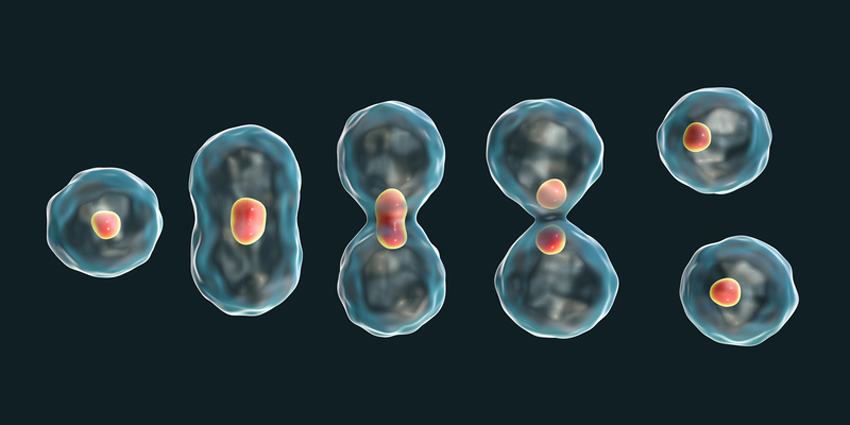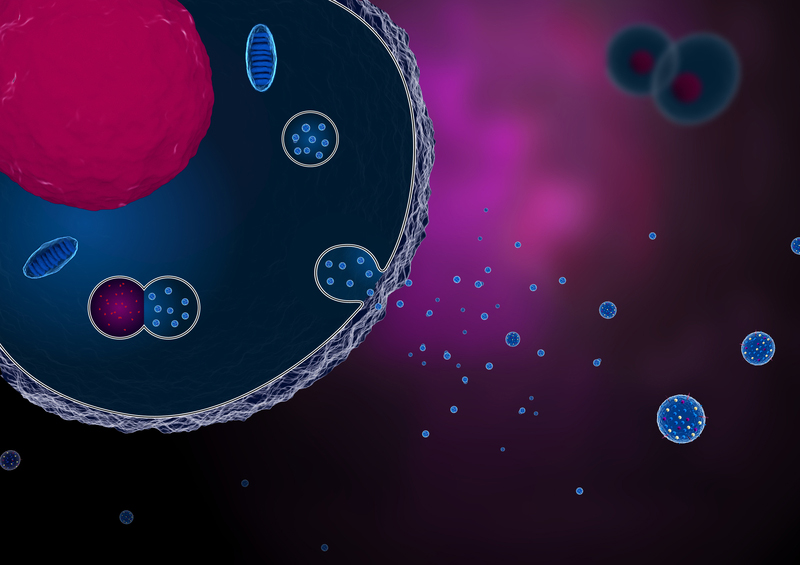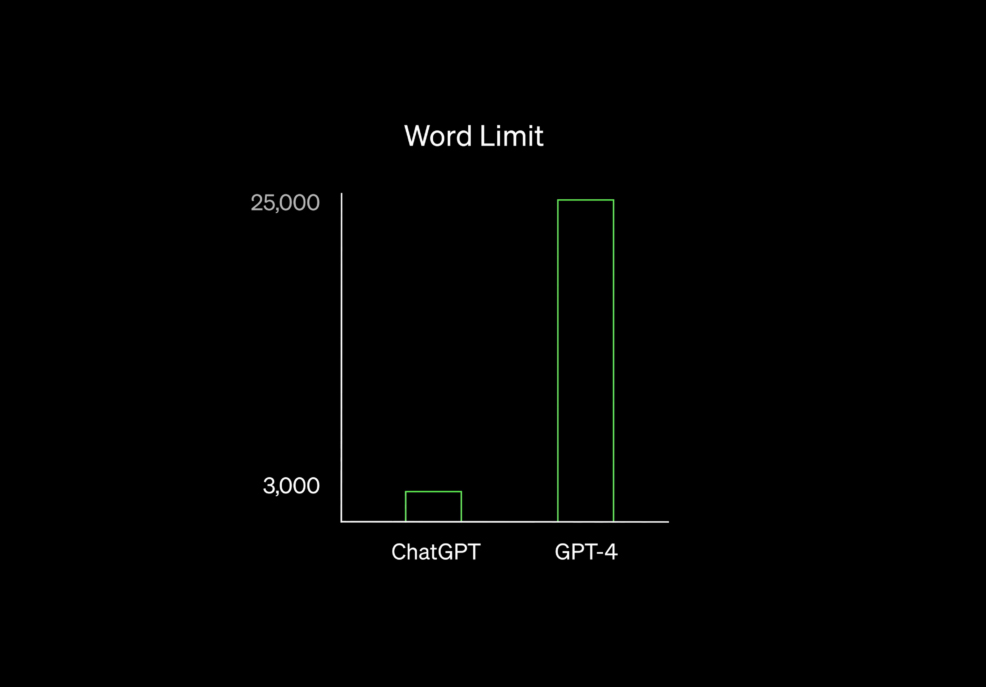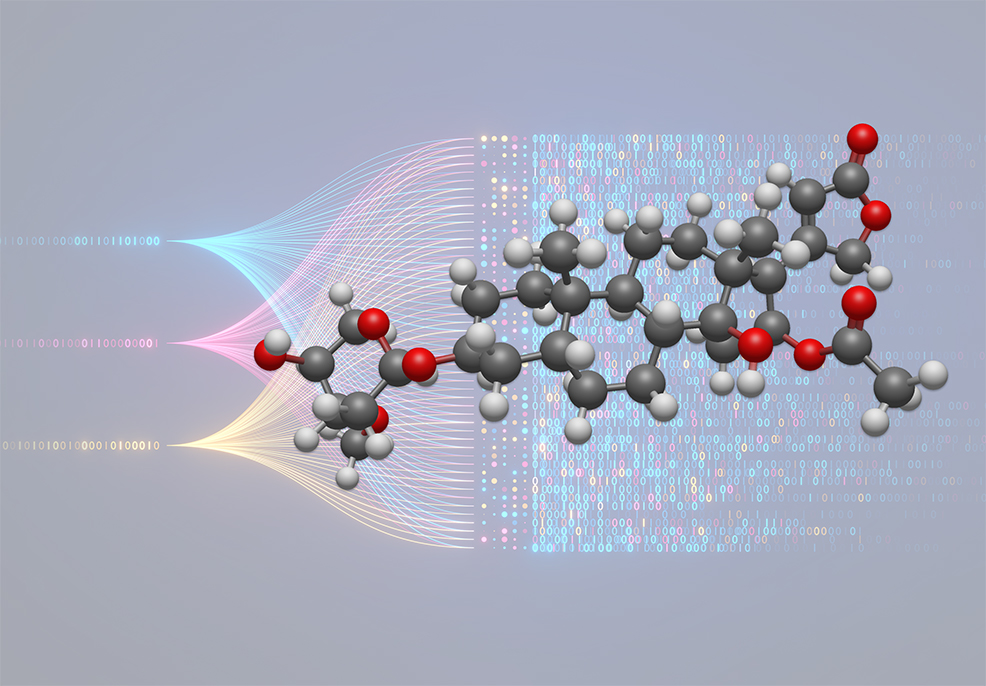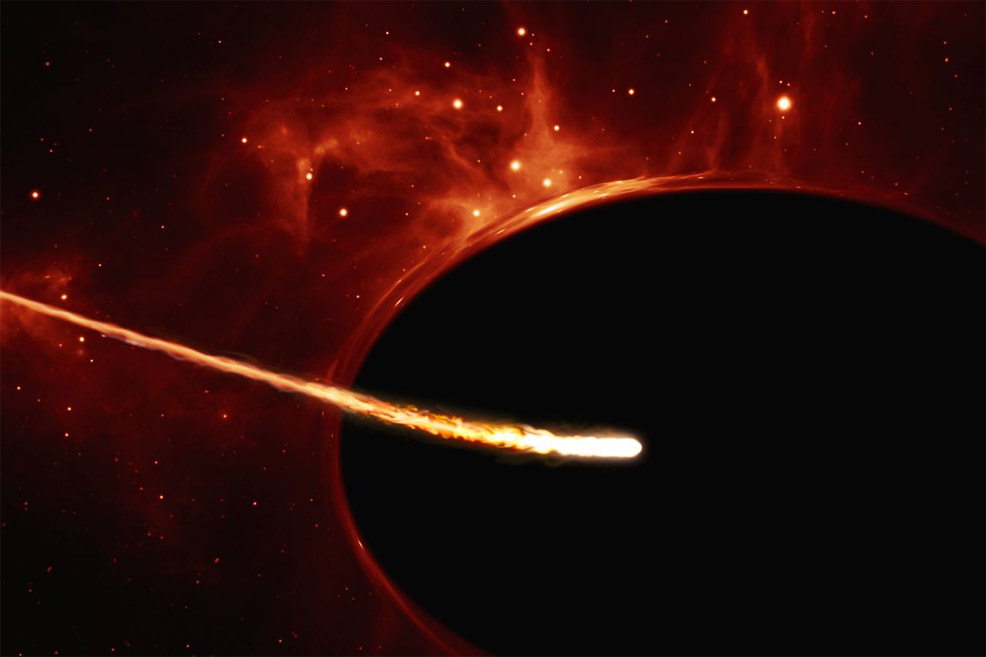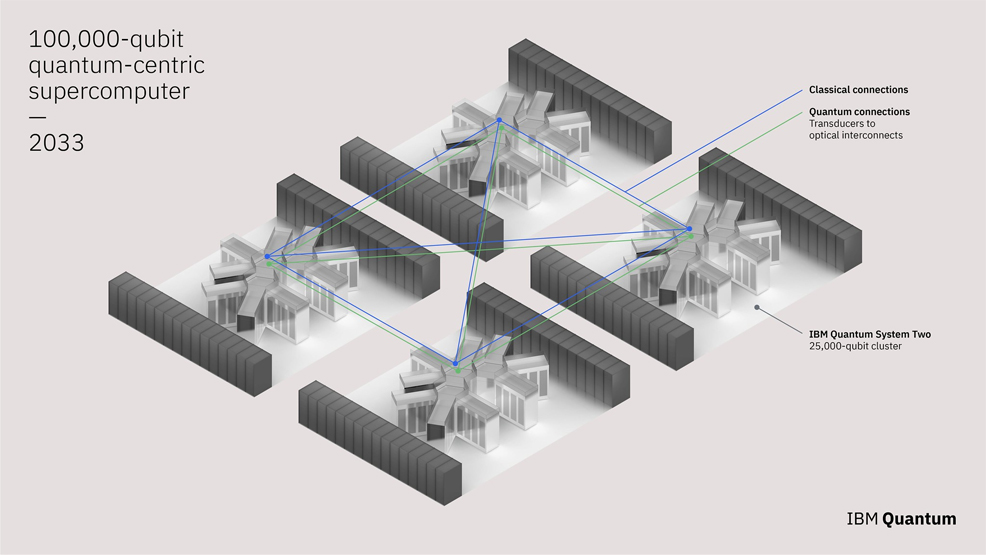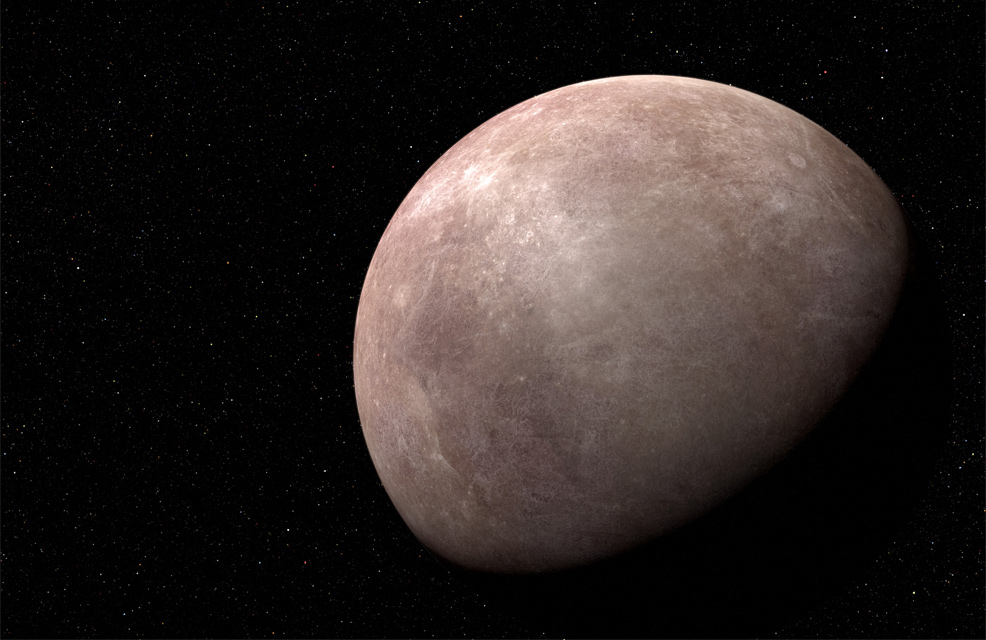
31st December 2023 2023 highlights in science and technology As 2023 draws to a close, we look back at some of the most notable advances in science and technology. Artificial intelligence clearly dominated this year, reaching unprecedented new heights. Other breakthroughs occurred in aging, as well as obesity. Meanwhile, researchers created the first synthetic human embryo. In astronomy, the James Webb Space Telescope confirmed its first exoplanet, and a study revealed the most dangerous asteroids of the next 1,000 years. These were our 20 most viewed blogs of 2023. See you in 2024!
16th June 2023 Synthetic human embryo created for first time In June, researchers at the University of Cambridge and Caltech reported the creation of the first synthetic human embryo from stem cells, without the need for sperm or egg cells. Read more »
22nd March 2023 New card from Nvidia will accelerate AI In March, U.S. chip giant Nvidia launched the H100 NVL, a next-generation hardware accelerator for large language models. Read more »
3rd June 2023 The most dangerous asteroids of the next 1,000 years Astronomers mapped the paths of potentially hazardous 1 km+ asteroids between now and the year 3000 AD. At least 28 were found to have non-zero probabilities of a 'deep encounter' with Earth. Read more »
30th June 2023 New drug provides weight loss of 24% In a significant advance for the treatment of obesity, biotech giant Eli Lilly announced the results from a trial of retatrutide, which produced a staggering 24.2% weight loss in patients. Read more »
9th June 2023 Taurine may boost lifespan by over 10% A study in June found that taurine, a chemical that occurs naturally in the body, can boost the health and extend the lifespans of animals. It should now be considered for use in a potential anti-aging drug for humans, according to the authors. Read more »
25th January 2023 Anti-aging gene rewinds heart age by 10 years Scientists discovered that a gene called BPIFB4, seen in a population of centenarians, could help reverse the aging of human hearts. Read more »
29th April 2023 ChatGPT outperforms human doctors in medical advice In April, a study found that when measured on quality and empathy, ChatGPT outperforms human doctors in responding to patient queries. Read more »
7th November 2023 OpenAI's Sam Altman hints at next-generation AI November was a tumultuous month for OpenAI, the company behind ChatGPT and text-to-image tool DALL·E 3, with its board of directors removing co-founder and CEO Sam Altman, before reinstating him five days later. At its first developer conference, Altman revealed new products and model upgrades, ending with a hint at something much greater to come. Read more »
29th January 2023 Shape-shifting robot developed in China In January, engineers at the Chinese University of Hong Kong designed robots able to rapidly shift between liquid and solid states. These devices could be used to fix electronics or remove objects from the human body. Read more »
11th October 2023 50 exaFLOPS supercomputer planned for 2025 In October, chip designer Tachyum accepted a major purchase order from a U.S. company to build a new supercomputing system for AI. This will be based on its 5 nanometre (nm) "Prodigy" Universal Processor chip, delivering more than 50 exaFLOPS of performance. Read more »
29th March 2023 Should AI be stopped? Experts call for "immediate pause" to research This year saw unease over the increasingly rapid pace of AI progress. More than 1,200 scientists and technology leaders published an open letter calling for research on AI models bigger than GPT-4 to be halted amid concerns over unknown impacts and risks to society. Read more »
2nd March 2023 Newly found cell mechanism involved in aging This year, scientists from the University of Copenhagen discovered a previously unknown cell mechanism involved in the aging process, which explains how cells "remember" their identity when they divide – the cells' so-called epigenetic memory. Read more »
9th March 2023 Google's PaLM-E – a step towards artificial general intelligence (AGI)? In March, a team from Google and the Technical University of Berlin revealed what might be considered an early or proto-AGI. This combined a multimodal visual‐language model (VLM) within a mobile robot, able to sense and explore the world around it. Read more »
4th November 2023 New treatment reverses epigenetic age of rats by 67.4% In late 2023, a groundbreaking study on anti-aging reported significant rejuvenation effects using exosomes, tiny particles which can be extracted from biological fluids such as blood plasma. Tests on rats produced results equivalent to an 80-year-old human reverting to the age of 26. Read more »
20th March 2023 A busy week in AI 2023's explosion of AI developments appeared to reach a crescendo in mid-March, which included the highly anticipated release of GPT-4. Read more »
21st June 2023 AI finds potential anti-aging molecules In June, a machine learning model identified three chemicals able to remove senescent cells without damaging healthy cells. Read more »
28th February 2023 Nvidia CEO: "We're going to accelerate AI by another million times" In an earnings call, the boss of Nvidia Corporation, Jensen Huang, outlined his company's achievements over the last 10 years and predicted what might be possible in the next decade. Read more »
5th March 2023 Supermassive black hole in Milky Way centre will consume large object in 2036 A mysterious object called X7, likely created when two stars collided, has evolved dramatically as it approaches the centre of our galaxy. A study published by astronomers earlier this year predicted that it will disintegrate and eventually be drawn into Sagittarius A*, causing some "fireworks" as it heats up and spirals into the supermassive black hole. Read more »
29th May 2023 IBM planning 100,000-qubit quantum computer for 2033 In May, IBM announced a 10-year initiative to develop a quantum-centric supercomputer powered by 100,000 qubits. Read more »
21st January 2023 James Webb Space Telescope confirms its first exoplanet In January, NASA scientists reported the discovery of LHS 475 b, an exoplanet almost identical in size and mass to Earth, and the first to be confirmed by the James Webb Space Telescope. The planet is located 41 light years away and is 99% of Earth's diameter. "These first observational results from an Earth-size, rocky planet open the door to many future possibilities for studying rocky planet atmospheres with Webb," said Mark Clampin, the Astrophysics Division director at NASA's Headquarters. "Webb is bringing us closer and closer to a new understanding of Earth-like worlds outside our Solar System, and the mission is only just getting started."
Comments »
If you enjoyed this article, please consider sharing it:
|


